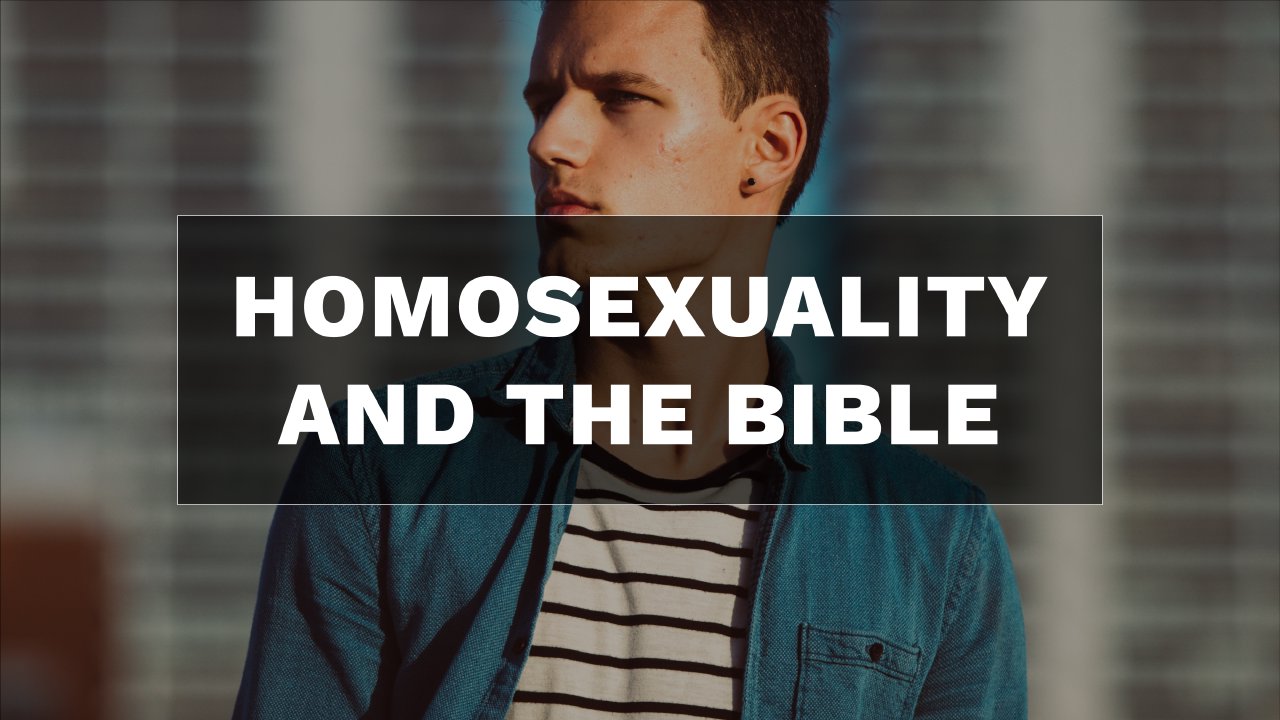In “Talking Point #7,” TRP material states, “The prohibitions of Leviticus do not apply to Christians… The New Testament teaches that Christ’s death and resurrection fulfilled the Law…which is why it’s many rules or regulations have never applied to Christians.”
Of course, both of these statements are true as far as they go. The New does supersede the Old, including a number of peculiar regulations that seem only for Jews during that unique era (constraints on mixing wool and linen together come to mind). But we have to be careful here.
Though the Mosaic Law has never applied to Christians the way it applied to Jews in the theocracy, it would be a serious mistake to conclude that none of the prohibitions in the Law have any moral relevance for believers today. Yes, Christ fulfilled the Law, but perversion is still perverse, and wickedness is still wrong, whether it be adultery, rape, incest, or bestiality—or any of a number of evil acts all condemned by Moses in the “old” Law.
Does the fact that “Christ is the end of the Law” liberate us now from every moral constraint? Of course not, and I know TRP would agree. That’s why their points about “New” vs. “Old” are irrelevant to our issue. The real question about homosexuality is this: Do the Mosaic prohibitions of same-sex behavior reflect temporal provisions for Jews in the theocracy, or do they reflect universal moral concerns for everyone? Let’s look at the passages in question:
Leviticus 18:20-23 “You shall not have intercourse with your neighbor’s wife, to be defiled with her. You shall not give any of your offspring to offer them to Molech…You shall not lie with a male as one lies with a female; it is an abomination. Also you shall not have intercourse with any animal to be defiled with is a perversion.”
Leviticus 20:13 “If there is a man who lies with a male as those who lie with a woman, both of them have committed a detestable act; they shall surely be put to death.”
Pay close attention to the context here. The “abomination” of homosexuality in Leviticus 18 is grouped with condemnation of adultery, child sacrifice, and bestiality. Keep reading and you’ll see that this grouping is no accident. These were the very behaviors that brought judgment on the Canaanites to begin with (18:24-26)— people who also were gentiles “not under the Law.” Nevertheless, this did not exonerate them. They still were “spewed out” for their wickedness.
Note also that the prohibition of homosexual behavior is unqualified—no exceptions for loving, consensual, committed relationships. And both participants were punished here (20:13)—unlike rape where only the abuser was penalized (Deut. 22:25-26)—so this passage couldn’t merely be prohibiting coercive, abusive sex.
Whenever a man lies with another man the way he should be lying with a woman, something is terribly wrong. He is exchanging the first for the second. He is rejecting the woman who was “fit” for him for a man who was not. Once again, the created order is subverted—God’s original purpose for sex is distorted and corrupted. The result: a “detestable act.”
The point of citing Leviticus on homosexuality, then, is not to impose Torah requirements on New Testament believers. Rather, it’s to show that any behavior twisting or maligning God’s original intention for sex is evil in any era.
This exact point is made with crystal clarity in our next passage on homosexuality—found in a New Testament epistle written to Christians under the new order.

Old vs New
Alan Shlemon
More from
Homosexuality and the Bible




